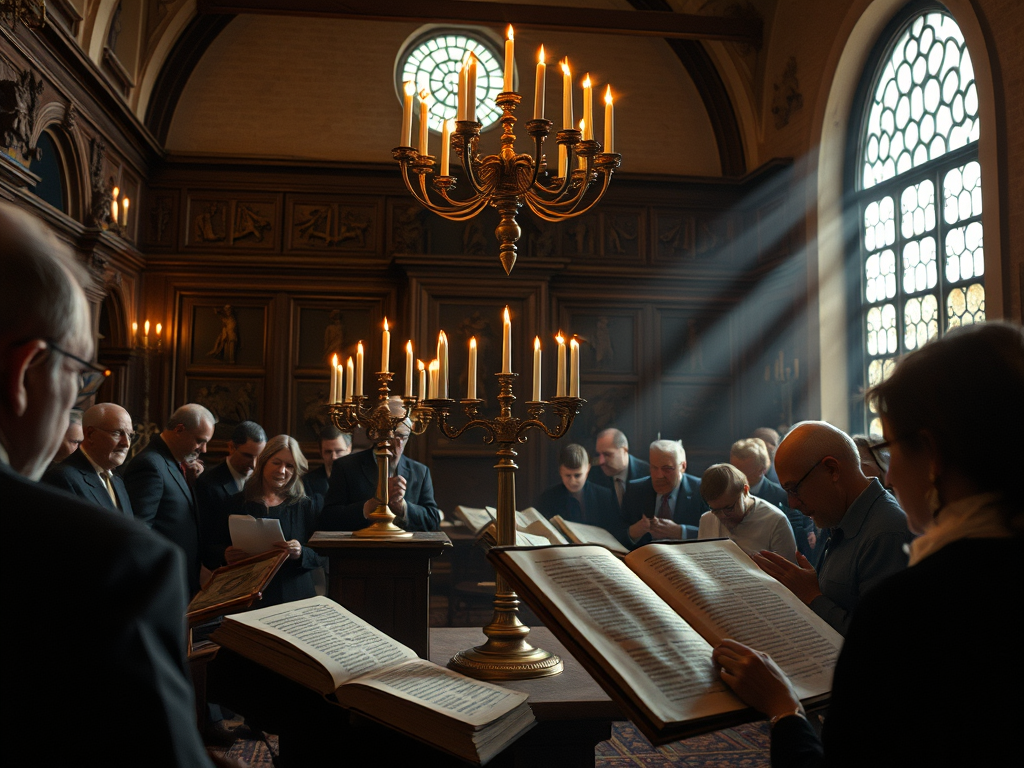Jesus said: Assuredly I say to you, this generation will not pass away until all these things take place.
Jesus prophesied these unforgettable words to four of his disciples on the Mount of Olives as recorded in Matthew 24:34, Mark 13:30 and Luke 21:30.
It is critical to understand which generation Jesus meant. Taking the plain meaning without any bias, Jesus was referring to his own generation—the generation of his listeners there on the Mount of Olives.
But some scholars say Jesus must have meant a future generation.
Some others insist that Jesus meant the word “race”, i.e., the Hebrew race. They reason that because the Hebrew race remains today, the coming of Jesus has not taken place, putting his coming far into the unknown future.
These scholars avoid the obvious meaning in the context of the gospel, dogmatically committed to a future return of Jesus, instead of simply accepting that Jesus spoke of the relative closeness of His coming.
Jesus prophesied to those disciples on the Mount of Olives, that He would return before His hearers’ generation had passed away. Yet many of the same scholars and teachers have no problem in accepting that Jesus spoke literally about the coming fall of the Jerusalem temple.
So then there is no logical reason to exclude the plain fact that Jesus spoke of his soon coming.
Further, there is no doubt the disciples took Jesus’ words “this generation” to mean soon, at the door, at hand. They knew His coming was imminent, perhaps even in their lifetime. We see it in their writings.
Their letters in the N.T. frequently reflect their expectancy of a soon coming, though the hour and day were unknown. We read of their warnings, their urgency to proclaim the gospel of the Kingdom of God and their urgings for their readers to live righteously.
They knew Jesus warned them to get the Kingdom proclaimed in the towns of Judea before His coming (Matthew 10:23).
Check these references out for yourself: Rom 13:11-13, 1 Cor 10:11, Phil 1:6,10, 1 Thes 1:10, 4:17; 2 Thes 1:7; 2 Tim 3:1; Heb 1:2, 9:28, 10:29; Jas 5:3; 1 Pet 1:5, 7-9, 13, 17, 20; 2 Pet 3:3; Jude 19).
Now let’s look at only a few instances of Jesus’ phrase this generation in the gospels, paying close attention to the context of each. You will see they consistently refer to the people alive then as Jesus spoke.
Mat 12:45. . . the last of that man is worse than the first. Even so shall it be also unto this wicked generation.
Mat 12:41-42. The men of Nineveh will stand up with this generation at the judgment, and will condemn it because they repented. . . The Queen of the South will rise up with this generation at the judgment. . .
Mark 8:12. Why does this generation seek . . sign? Truly I say to you, no sign will be given to this generation.
Mark 8:38 : “For whoever is ashamed of Me and My words in this adulterous and sinful generation, the Son of Man will also be ashamed of him when He comes in the glory of His Father with the holy angels”.
Jesus warned people in that crowd that some of them, this generation, will be alive ‘when He comes in glory! He said this generation not that generation.
Luke 17:25. But first he must suffer many things and be rejected by this generation.
Mat 17:17. O faithless generation, how long shall I bear with you . .
Here he referred to the crowd who had no faith to heal.
Mat 23:35-36. Assuredly, I say unto you, all these things will come upon this generation.
That phrase is repeated in Mat 24:34, Mark 31:30, and Luke 21:30.
Mat 24:34f, Mk 13:30f, Lu 21:30f. NKJV. Assuredly, I say to you, this generation will by no means pass away till all these things take place. Heaven and earth will pass away, but My words will by no means pass away.
In all three synoptic gospels! And all three carry the word assuredly! (Grk amen) and the affirmation that though heaven and earth could pass away, his words stand forever!
So who would dare to change his plain words?
In Mat 23 we read Jesus’ savage attacks on the Jewish ruling elites of that current generation: Woe to you, scribes and Pharisees, hypocrites! Then after the 7 woes, we read verses 31-36:
Therefore you are witnesses against yourselves that you are sons of those who murdered the prophets. Fill up, then, the measure of your fathers’ guilt. Serpents, brood of vipers! How can you escape the condemnation of hell? Therefore, indeed, I send you prophets, wise men, and scribes: some of them you will kill and crucify, and some of them you will scourge in your synagogues and persecute from city to city, that on you may come all the righteous blood shed on the earth, from the blood of righteous Abel to the blood of Zechariah, son of Berechiah, whom you murdered between the temple and the altar. Assuredly, I say to you, all these things will come upon this generation.
Further, this particular generation was condemned to such a great extent, that Jesus warned those weeping women as He was led to the cross saying: Weep not for me but for yourselves and your children . . . as he knew what terrible times they would face (Luke 23:28).
Conclusion
In the Olivet discourse of Matthew, Mark and Luke, the generation named by Jesus can only mean the generation of people Jesus was addressing.
We can see that this is consistent with the other numerous references of his using the phrase this generation.
There is no logical or hermeneutical reason why we should not believe and accept that Jesus spoke literally about “all these things will come upon this generation.” (Mat 24:34).
The letters in the New Testament frequently reflect the expectancy of a soon coming, though the hour and day were unknown. We read of their warnings, their urgency to proclaim the gospel of the Kingdom of God and their urgings for their readers to live righteously.








